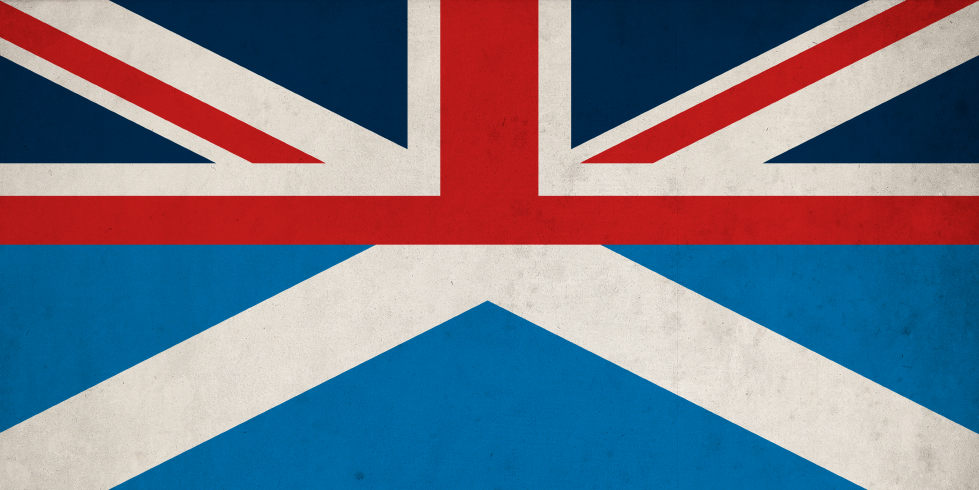 To CIG’s American readers; it is no exaggeration to say that this coming September 18th has the potential to directly affect your life. And for those in Europe; the day certainly will.
To CIG’s American readers; it is no exaggeration to say that this coming September 18th has the potential to directly affect your life. And for those in Europe; the day certainly will.
The United Kingdom’s relationship with both the USA and the European Union will change forever, as Scotland chooses whether or not to become an independent country.Barack Obama has said the USA desires the UK to remain a ‘strong, robust, united and effective partner’ – a ‘No’ vote to independence.
And after a ruthless two-year, fourteen-million-pound campaign clash; the Scottish people will indeed decide to remain part of the United Kingdom with a steady majority.
Alex Salmond, who this week whispered a desperate rumour of how ‘the No campaign has finally fallen apart,’ will survive cries that his political career is over by contending the 35% nationalist vote still leaves demand for independence – before reluctantly embracing plans for further devolution of powers set out by George Osborne and Gordon Brown throughout the past few days.
After the count, Alistair Darling will slowly but triumphantly edge back into the political shadows. And independence prattle will gradually peter out by Christmas, at which time we will have forgotten what all of the fuss was about.
It has now become evident that a ‘No’ victory is nothing short of inevitable, as Scotland recognises how the referendum is about what is best for Scotland – not about what is best for the UK. But crucially, its people know that what is right for Scotland is also best for the UK as a whole: a ‘yes’ vote would be calamitous for all interested parties.
Voters are aware that Scotland’s financial services industry will move to London in the event of such a vote – RBS will diminish any uncertainty by becoming a rest-of-UK financial institution rather than one in Scotland, while Standard Life has released contingency plans to shift its operations south of the border.
It is clear that independence would bring months, if not years, of uncertainty with regard to the negotiations of economic separation – and the longer those uncertainties persist, the suffering from higher costs of living and stalling growth, becomes even more prolonged.
Scotland is also fully conscious of the Spanish prime minister’s comment that, as an independent country, it should not expect membership of the EU. ‘It’s very clear to me, as for everybody else in the world, that a country obtaining independence from the EU would remain out of the EU,’ Mariano Rajoy said.
Salmond’s desire for a newly independent Scotland to join the EU but opt out of the Euro has been exposed as simply impossible, since every new applicant state must commit themselves in law to adopting the euro as a condition of membership. And a potential currency catastrophe is worsened with the Chancellor’s assertion that it is ‘highly unlikely’ that Scotland will be allowed to continue using the pound, with Gordon Brown declaring the UK would ‘not be forced into a currency union against its will’. Indeed, a currency union would be ‘incompatible with sovereignty,’ according to Bank of England governor Mark Carney.
The annual Scottish Social Attitudes survey found the number of Scots describing themselves as ‘Scottish’ fell from 75% in 2011 to 65% now, with those identifying as ‘British’ rising in the same period. And, petty but interestingly, just 26% of respondents said they were ‘more Scottish than British’.
As such, with YouGov announcing that a quarter of voters are still to make up their minds, this only further strengthens the imminent ‘No’ majority. Scots know a show of patriotism is to say ‘No thanks’ – welcoming more powers but undertaking no risk.


